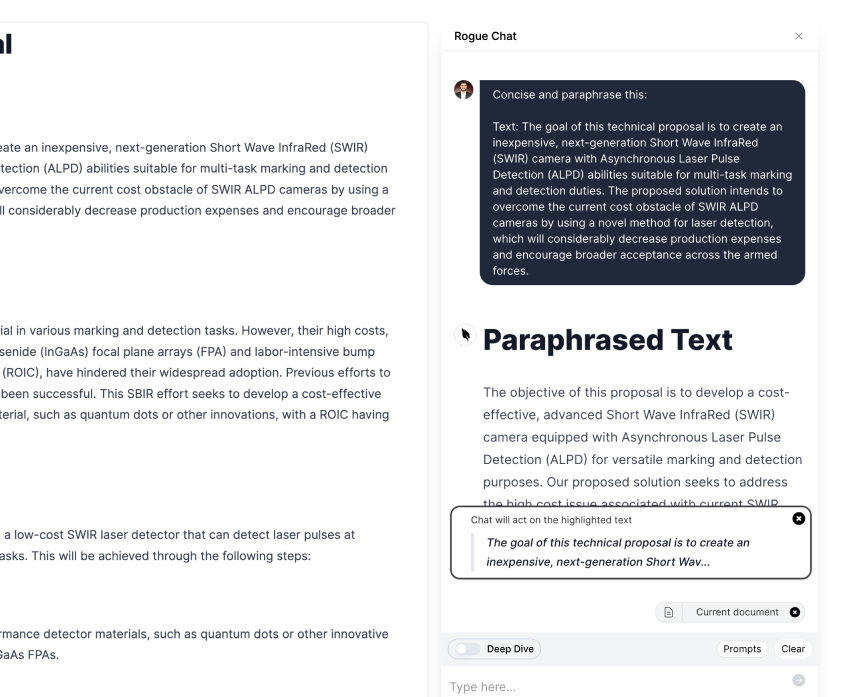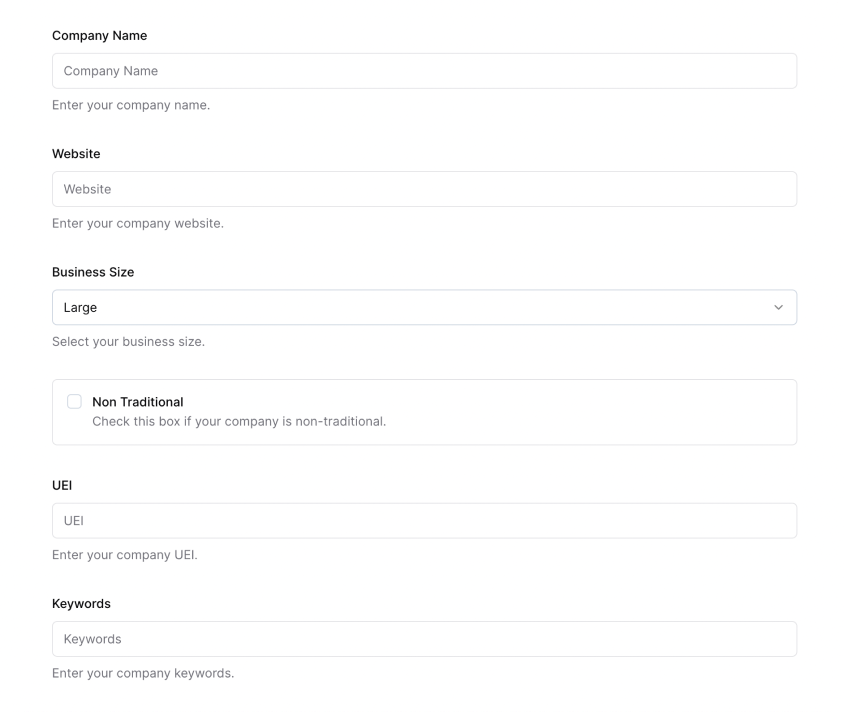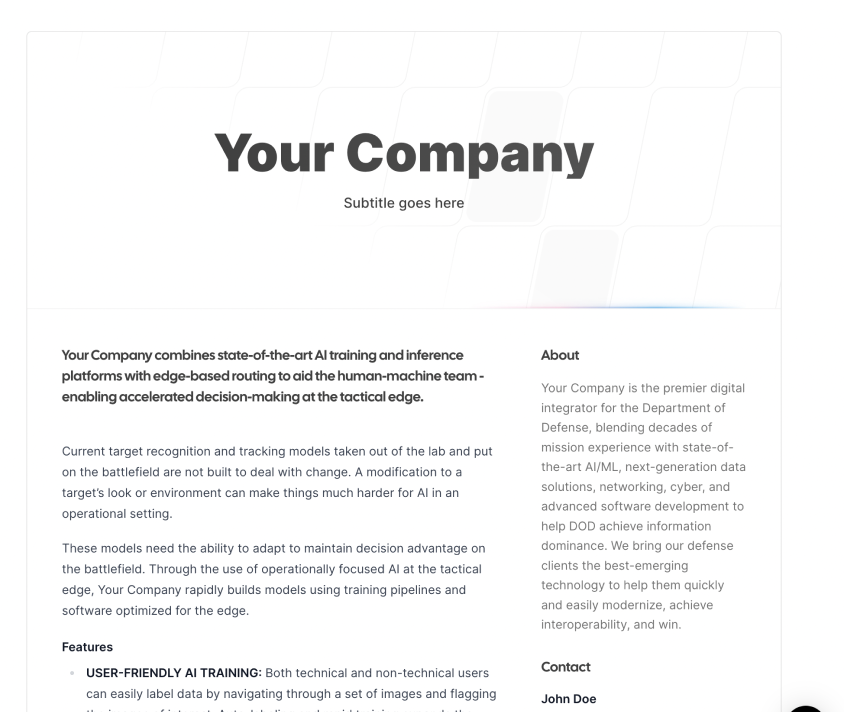
The Capture Paradox: Navigating Government Contracting for Small Businesses
How do you “shape” opportunities when you’re busy trying to keep your company alive?
Table of contents
1. Introduction
The Capture Paradox is a difficulty for small businesses seeking to engage with government contractors in order to secure advantageous positions. This requires a full-time job of speaking to the government, which is not feasible for companies with limited resources.
So there's the paradox, if you can't afford to do capture and shape opportunities then your odds of winning and growing go down, and your likelihood to be able to pay for a capture professional.
2. Government Wants Industry Engagement
Government agencies are keen to engage with industry players – both large and small – in order to gain insights into innovative solutions, obtain cost-effective products and services, and ensure that they are making informed procurement decisions. By engaging with the government, companies can shape new solicitations to better align with their unique capabilities and offerings.
Savvy businesses can leverage their expertise and knowledge to influence government requirements, ensuring that future requests for proposals (RFPs) are more tailored to their strengths. This not only benefits the company but also helps government agencies identify and procure the best solutions available in the market.
3. Opportunity Shaping
Opportunity shaping refers to the process of influencing and shaping government solicitations in a way that favors a specific company or a group of companies. This process can lead to the perception (valid or otherwise) of solicitations being "wired" for certain companies, giving them an edge over their competitors when bidding on these opportunities.
A well-executed opportunity shaping strategy can position a company as a front-runner for a contract long before the RFP is even released. By engaging with government stakeholders early in the acquisition process, businesses can help shape requirements and specifications that align with their unique capabilities and competitive advantages.
4. The Role of a Capture Professional
A capture professional is a dedicated individual responsible for engaging and shaping solicitations in order to increase the likelihood of winning government contracts. They play a pivotal role in navigating the Capture Paradox by building relationships with government stakeholders, understanding agency needs, and shaping opportunities to align with their company's strengths.
Capture professionals use their deep knowledge of government procurement processes, industry trends, and competitor capabilities to develop tailored strategies for winning contracts. They work closely with their company's business development and proposal teams to ensure that all aspects of the capture process are well-coordinated and aligned with the overall business strategy.
5. Challenges for Small Businesses
One of the primary challenges small businesses face when it comes to navigating the Capture Paradox is the cost associated with hiring a dedicated capture professional. Full-time capture professionals can command high salaries, making it difficult for small businesses to justify the expense.
Moreover, small businesses often lack the resources required to engage in opportunity shaping activities – such as attending industry conferences, conducting market research, and developing relationships with government stakeholders – which are crucial for influencing solicitation requirements and positioning themselves as a competitive player in the government contracting space.
6. Alternative Solutions for Small Businesses
While hiring a dedicated capture professional may not be feasible for many small businesses, there are alternative solutions that can help them navigate the Capture Paradox and compete more effectively in the government contracting arena.
- Leverage existing resources: Small businesses can assign capture responsibilities to existing employees who have experience in sales, business development, or government relations. These individuals can be trained on capture best practices and be supported by other team members in opportunity shaping efforts.
- Hire a consultant: Eng an experienced capture consultant on a project-by-project basis can help small businesses access expert guidance without committing to full-time salary. Capture consultants can provide valuable insights into government procurement processes, as well as assist in shaping opportunities and developing capture strategies.
- Partner with other companies: Forming strategic partnerships with other businesses can help small companies pool resources and expertise in order to better engage with government agencies and shape solicitations. By working together, small businesses can increase their competitive edge and enhance their chances of winning government contracts.
- Join industry associations: Participating in industry associations and networking groups can provide small businesses with valuable insights, connections, and resources that can assist in opportunity shaping efforts. These organizations often host events, webinars, and workshops designed to help members navigate the government contracting landscape.
7. Bottom Line
Engaging with the government and shaping opportunities is critical for small businesses looking to compete in the lucrative world of government contracting. By understanding and navigating the Capture Paradox, small businesses can better position themselves to win contracts and grow their business.
Exploring alternative solutions – such as leveraging existing resources, hiring consultants, partnering with other companies, or joining industry associations – can help small businesses overcome the challenges associated with hiring a dedicated capture professional and successfully navigate the Capture Paradox.
Sign up for Rogue today!
Get started with Rogue and experience the best proposal writing tool in the industry.



